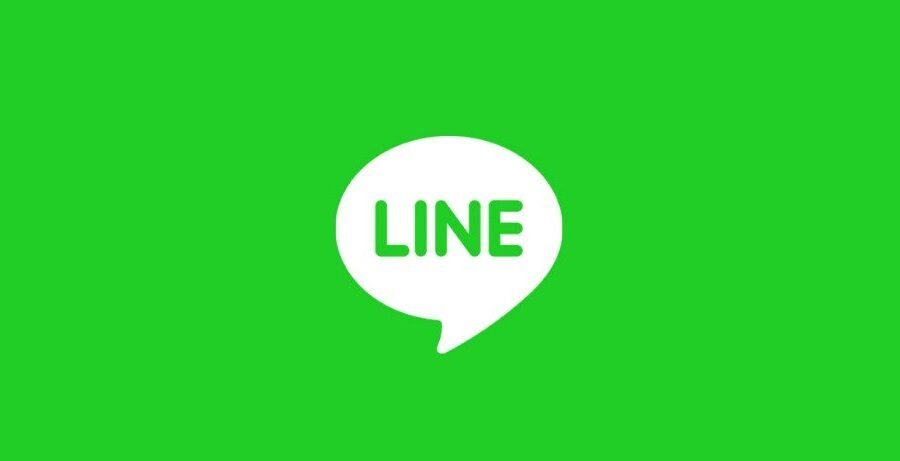In our highly digital world, protecting data from hacking and tampering is a massive challenge. Blockchain technology offers a powerful solution by creating a secure and transparent system for recording information. It works like a digital ledger that is shared among many users, making it extremely difficult to change any data without everyone knowing. This unique approach is why so many different industries are now exploring how blockchain can help them become more secure and efficient.
What Exactly is Blockchain Technology
Think of blockchain as a digital notebook that is copied and spread across a huge network of computers. Each page in the notebook is a “block” that contains a list of transactions. Once a block is filled, it is linked to the previous one, forming a “chain.”
This structure is what gives blockchain its power. Before a new block can be added to the chain, all the participants in the network must verify that the information is correct. This consensus process ensures that every transaction is trustworthy.
Because the information is stored on thousands of computers, it’s virtually impossible for a single person to alter the records. To change a record, a hacker would need to change that block on a majority of the computers in the network at the exact same time, which is an incredibly difficult task.
The Core Benefits Driving Blockchain Adoption
The value of blockchain technology comes from three main principles: decentralization, security, and transparency. These features work together to create a system that is robust and trustworthy, which is attractive to many businesses.
Decentralization is a key benefit for industries that want to get rid of the middlemen—the intermediaries who often take a large cut of the profits. For example, in the entertainment industry, blockchain can help ensure artists and performers are paid directly and fairly for their work, without complex contracts and fees eating into their earnings.
The technology offers a unique combination of transparency and security. While transactions are broadcast publicly to all participants for verification, they are also cryptographically secured. This means that you cannot access or change a transaction unless you have the specific private key associated with it.
- Enhanced Security: The distributed nature of the ledger makes it highly resistant to fraud and cyberattacks.
- Increased Transparency: All participants share the same documentation, which creates trust and accountability.
- Greater Efficiency: By removing intermediaries, transactions can be completed faster and at a lower cost.
This combination of features makes blockchain a versatile tool for any organization that needs to maintain secure and reliable records.
How Blockchain Works as a Secure Form of Payment
One of the most well-known applications of blockchain is cryptocurrency. You have likely heard of Bitcoin, which is a digital currency built on blockchain technology. It allows for secure peer-to-peer transactions without needing a bank.
This application is quickly expanding beyond just digital currencies. Industries like sports and entertainment are now beginning to accept cryptocurrencies as a valid form of payment. Some professional sports leagues allow fans to buy tickets with crypto, and a few are even paying player salaries with it.
Companies are also creating their own digital tokens. For instance, the company Fight to Fame developed its own crypto token to be used for tickets and special access to events. This shows how businesses can use blockchain to create their own internal economies for payments and contracts.
Revolutionizing Contracts and Property Rights
Beyond payments, blockchain is set to change how we manage contracts and ownership. This is done through something called “smart contracts.” These are self-executing contracts where the terms of the agreement are written directly into code. The contract automatically carries out the terms when the conditions are met.
Smart contracts are particularly useful for creators and artists. Piracy has long been a major problem, causing artists to lose significant income. With smart contracts on a blockchain, every transaction gets recorded, even illegal ones. This allows artists to track where their work is being distributed and understand where their profits are going, giving them more control over their intellectual property.
By automating the process, smart contracts can also eliminate the need for expensive mediators and lawyers in many situations. This ensures that people get to keep more of the money they are supposed to earn from their work or assets.
Which Industries are Using Blockchain Today?
While the technology is still young, several key industries have already started to implement blockchain solutions to solve long-standing problems. The applications vary widely, showcasing just how flexible the technology can be.
From ensuring fair pay in entertainment to tracking products in supply chains, blockchain provides a secure and transparent ledger that can be adapted to almost any need. The table below highlights a few examples of how different sectors are benefiting from this technology.
| Industry | Primary Blockchain Application |
|---|---|
| Finance | Secure Cross-Border Payments and Transactions |
| Supply Chain | Tracking Goods from Origin to Consumer |
| Entertainment | Fair Royalty Payments and Anti-Piracy |
| Healthcare | Secure Management of Patient Medical Records |
These examples are just the beginning. As the technology improves, more industries are expected to find innovative ways to incorporate blockchain into their operations.
The Future of Blockchain Technology
Experts agree that blockchain is still in its early stages, much like the internet was in the 1990s. There is a huge amount of room for growth and innovation, and we are likely only scratching the surface of what it can do.
As the technology matures, it will become easier for companies and organizations of all sizes to adopt it. The potential for growth is a strong indicator that blockchain will become an increasingly important part of our digital infrastructure.
In the future, we may even see governments adopt blockchain for various functions or accept cryptocurrencies as official forms of payment. We are witnessing the rise of a technology that could fundamentally change how we handle data, money, and trust in the digital age.
Frequently Asked Questions about Blockchain
What is the main benefit of blockchain technology?
The main benefit is its ability to create a secure, transparent, and tamper-proof system for recording transactions. This is achieved through its decentralized nature, where data is verified and stored across many computers instead of one central location.
Is blockchain the same as Bitcoin?
No, they are not the same thing. Blockchain is the underlying technology that allows for the existence of cryptocurrencies like Bitcoin. Think of blockchain as the operating system and Bitcoin as an application that runs on it.
How does blockchain prevent tampering with data?
Blockchain prevents tampering by linking blocks of data together in a chain using cryptography. To alter a single block, a hacker would have to alter every block that comes after it on a majority of the computers in the network, which is nearly impossible.
Can any industry use blockchain technology?
Yes, almost any industry that relies on data and transactions can benefit from blockchain. Its principles of security and transparency are valuable in finance, healthcare, supply chain management, entertainment, and many other fields.
What is a smart contract?
A smart contract is a self-executing digital contract with the terms of the agreement written directly into code. It automatically enforces and executes the contract terms when certain conditions are met, without the need for an intermediary.









Leave a Comment